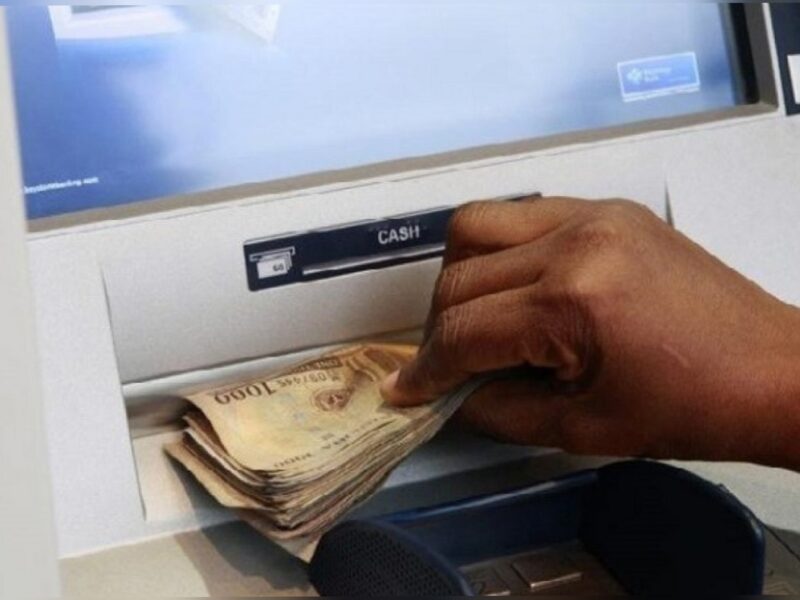Lagos, Nigeria – The Socio-Economic Rights and Accountability Project (SERAP) has filed a lawsuit against the Central Bank of Nigeria (CBN) at the Federal High Court in Lagos, seeking to halt the implementation of the recently announced increase in Automated Teller Machine (ATM) transaction fees.
In a statement shared on its official X (formerly Twitter) handle on Sunday, SERAP described the fee hike as “patently unlawful, unfair, and unjust,” arguing that it disproportionately affects poor Nigerians while benefiting commercial banks and the apex bank.
Legal Action Against CBN
The lawsuit, filed under suit number FHC/L/CS/344/2025, was submitted last Friday by SERAP’s legal representatives, Kolawole Oluwadare and Andrew Nwankwo. The advocacy group contends that the CBN’s decision undermines its responsibility to manage Nigeria’s economy effectively and violates key legal provisions, including the Nigerian Constitution, the Federal Competition and Consumer Protection Act, and international human rights obligations.
SERAP is asking the court to determine whether the CBN’s policy is arbitrary, unfair, and unreasonable, citing violations of Sections 1(c) and (d), 104, 105, and 127(1) of the Federal Competition and Consumer Protection Act 2018.
The organization is also seeking an interim injunction to restrain the CBN and its representatives from enforcing the new transaction fees pending the court’s decision on an interlocutory injunction.
SERAP’s Argument
SERAP maintains that the fee increase creates a two-tiered financial system that discriminates against low-income Nigerians who may struggle to afford the additional charges. The group insists that the move violates citizens’ economic and social rights, further exacerbating financial hardships in the country.
CBN’s Justification for the Fee Hike
The CBN announced the revised ATM transaction charges on February 11, 2025, stating that the new fees will take effect from March 1, 2025.
According to a circular signed by John Onojah, Acting Director of the Financial Policy and Regulation Department, the review aligns with Section 10.7 of the CBN Guide to Charges by Banks, Other Financial and Non-Bank Financial Institutions (2020).
The CBN defended the decision, citing rising operational costs and the need to improve ATM service efficiency. The apex bank noted that the last revision in 2019 had reduced withdrawal fees from N65 to N35.
Under the new policy:
- Withdrawals from a customer’s bank ATM (on-us transactions) remain free.
- Withdrawals at on-site ATMs (within bank branches) will attract a N100 fee per N20,000 withdrawal.
- Withdrawals at ATMs of other banks (not-on-us transactions) will incur a N100 fee plus a surcharge of up to N450 per N20,000 withdrawal at off-site locations.
Public Reaction and Outrage
The new ATM charges have sparked widespread public frustration, with many Nigerians criticizing the policy amid economic difficulties. While financial institutions argue that the increased fees reflect operational costs, critics insist that the decision places an undue financial burden on citizens already struggling with inflation and economic instability.










Join our Channel...